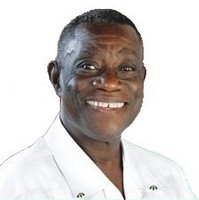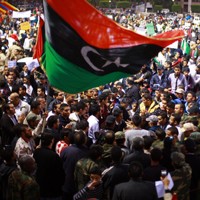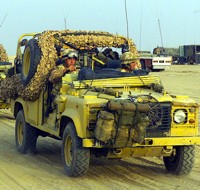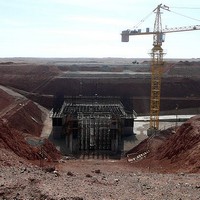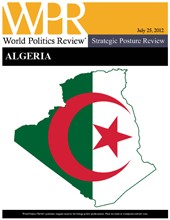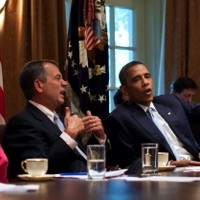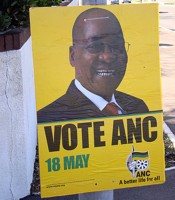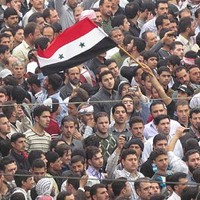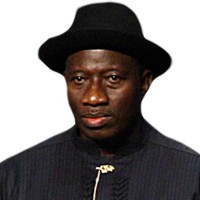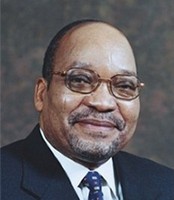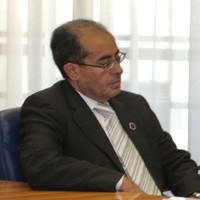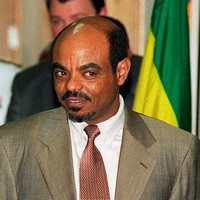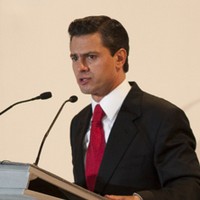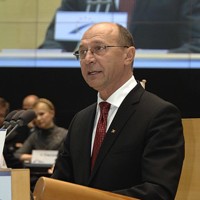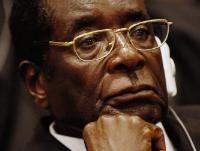
Zimbabwe recently announced it was moving ahead with plans to require foreign-owned banks to give 51 percent ownership to locals. In an email interview, Sabelo J. Ndlovu-Gatsheni, a professor in the department of development studies at the University of South Africa, discussed Zimbabwe’s indigenization program. WPR: What is the political and economic strategy behind Zimbabwe’s move to indigenize ownership in various sectors over the past few years? Sabelo J. Ndlovu-Gatsheni: Over the past 10 years, Zimbabwe has consolidated itself into a typical nationalist state as opposed to a neo-colonial state. The leitmotif of this nationalist state has been the ideology […]

